


The Observatory on Intolerance and Discrimination against Christians in Europe also reports a rise “in legal restrictions affecting freedom of religion”.
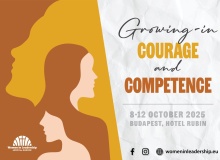
The Hope for Europe – Women in Leadership Conference gathered 70 women from 22 countries in Budapest, under the theme: “Growing in Courage and Competence”.
Cropped(1).jpg)
Almost 40 countries were represented at the annual FEUER conference in Calpe.
.jpg)
The Evangelical Alliance in the Caucasian country was formed in 2019 after conversations around unity, collaboration and advocacy.
.jpg)
Music and theatre in sports halls, performances in squares and visits to vulnerable people, in a project that achieved record figures in its 17th edition.

This Bible is the perfect example of the Renaissance's emergence in the Hispanic world, closely linked to the defence of Roman Catholicism and to the memory of 16th-century Spanish Protestantism.
Cropped(1).jpg)
The gathering brought together 76 participants from 40 theological institutions across nine countries to advance regional theological cooperation in Eastern Europe and beyond.
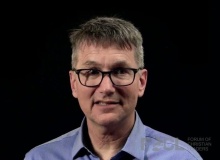
The online class on 8 November will “equip Christians to better understand their spiritual gifts, serve more effectively through them, and help others to do the same”.
.jpg)
In Sarajevo, 150 participants reflected a shared hunger for gospel-centered encouragement and practical equipping for evangelism.
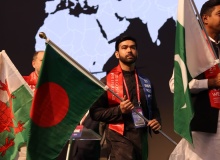
The World Evangelical Alliance held its general assembly in Seoul. Xesús Manuel Suárez shares his experience at a gathering that marks a turning point for the global evangelical body.

In times of culture war, the option is neither withdrawal nor domination. Salt, light, and yeast suggest a different strategy: faithful presence as a faithful minority.
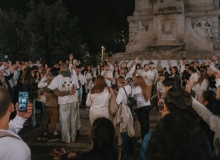
On 31 October, amid Halloween celebrations, one thousand young people wearing white shirts visited several squares in Madrid to share the message of the gospel, ending with a time of testimonies and worship.
.jpg)
Listening was presented as the fundamental posture of those who lead in a Christ-centred way with an attitude of openness, humility and discernment. In this context, leadership is not an exercise of power, but service modelled on the example of Christ.
.jpg)
The historic Anglican churches in Ireland and Spain say they will not join the Global Anglican Communion. Anglicanism has a limited presence in Europe, with 23 million baptised members.
.png)
Radical politics, AI and the debate on human identity are the issues for which churches are least prepared, finds the new Global Voices survey conducted by the Lausanne Movement worldwide.
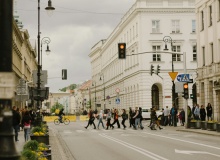
Following the recent violation of Poland's airspace by a dozen Russian drones, the Polish Evangelical Alliance shared several prayer requests.
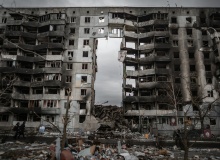
We Christians should stand up for truth, compassion, righteousness and justice for all. We must persist in prayer for a just peace, for Ukrainians and for Russians.

Around 120 pastors, church planters, leaders, and partners from all over Europe, US, Brazil, and Chile, gathered in Barcelona for 4 days of reflection, networking and fellowship.

The proposal to create lists of healthcare objectors reopens the debate in Spain on the boundaries between rights, confidentiality, and professional freedom. An article by Susana Cossio.
.jpg)
Joel Forster will share at the European Leadership Forum's Media Communicators Network on how to report on current affairs while maintaining journalistic standards and a solid Christian worldview.

Back in the 1960s, the era of Beatles and the Stones, the sexual revolution, moon-landings and dwindling church-attendance, religion was assumed to be definitely on the way out.
.jpg)
The Christian Open Academy has trained hundreds of leaders in Ukraine since 2020, and uses its connections with Christians in other countries to strengthen society with solid gospel perspectives. An interview with director Jaroslaw Lukasik.
.jpg)
Fourteen experienced leaders discussed collaborative work in the context of growing diaspora churches and the younger generations. The growth of Islam and new models for sending missionaries were among the challenges addressed.
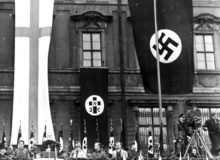
After 1945, many church leaders expressed deep repentance for their silence and complicity, recognising they had confused nationalism with Christianity. The long, painful process of Vergangenheitsbewältigung began within the German churches.
.png)
In less than a week in September, public television broadcasts stigmatised evangelicals in both countries. How should we interpret this?

Las opiniones vertidas por nuestros colaboradores se realizan a nivel personal, pudiendo coincidir o no con la postura de la dirección de Protestante Digital.